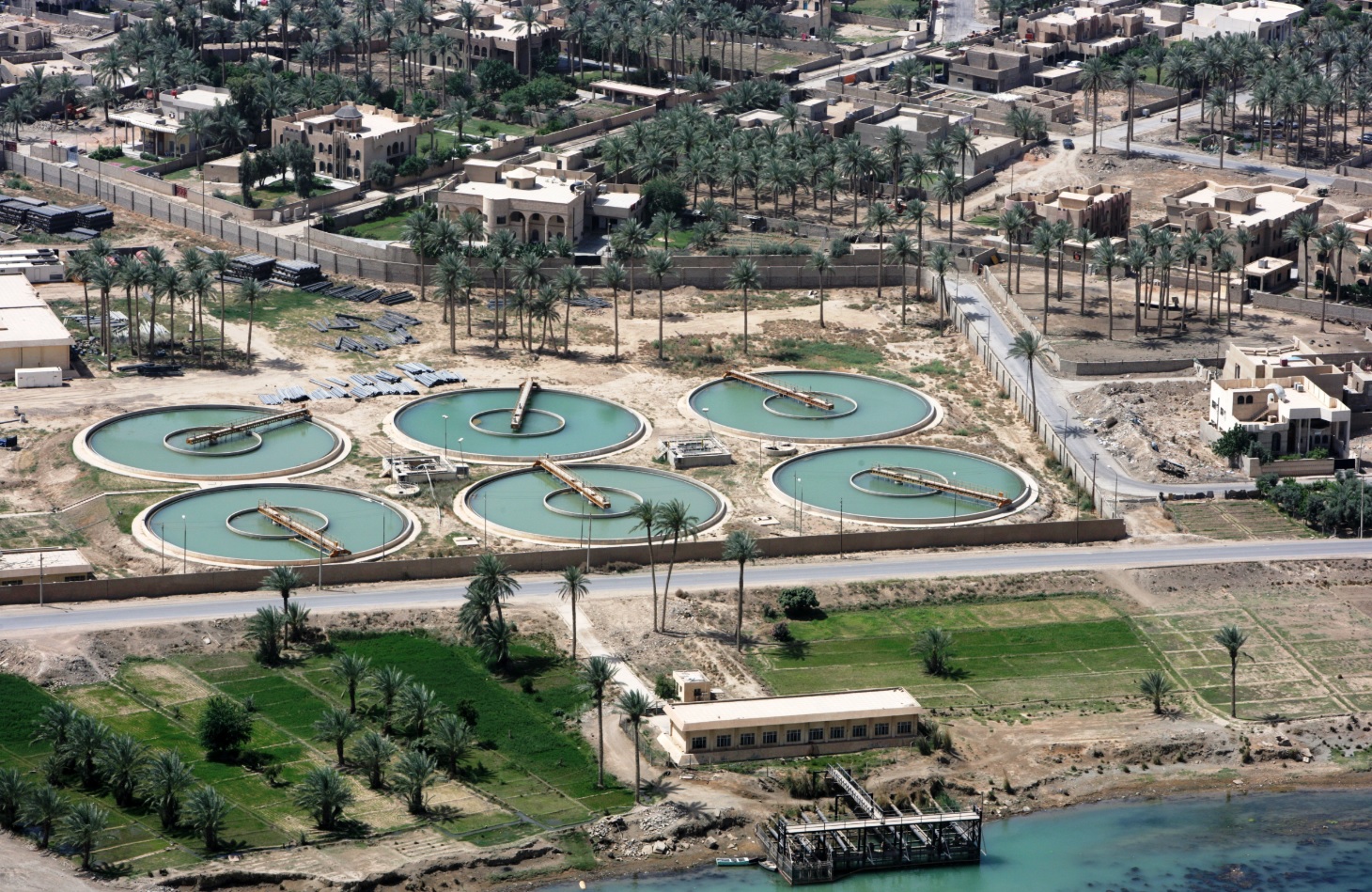EIB & KfW support sanitation project to transform public health in Lusaka
Progress in technical planning and project preparation for the Lusaka Sanitation Programme has enabled the first EUR 2.7 million to be disbursed by the European Investment Bank and German Development Bank, KfW.

- Country:
- Zambia
New investment to transform public health in the Zambian capital Lusaka by improving access by 525,000 families to sanitation, expanding wastewater treatment at two new plants in Chunga and Ngwerere, and construction of 520 km of sewerage pipes will be accelerated by the disbursement of financing for the Lusaka Sanitation Program by the European Investment Bank and a grant by the German Development Bank, KfW, on behalf of the Federal Republic of Germany.
“Expanding access to sewerage based sanitation is crucial to protect public health against a variety of waterborne diseases and COVID-19, ensure that thousands of, also poor, families across Lusaka benefit from better services and enable wastewater treatment to continue during either droughts or floods that would be hitting Zambia. The close cooperation with Zambian and international partners, including long-term financing and technical expertise provided by the European Investment Bank and KfW over recent years, is now delivering and contributing to Zambia’s Vision 2030,” said Eng. Jonathan Kampata, Managing Director of the Lusaka Water and Sanitation Company.
“The European Investment Bank is pleased to support the ambitious and visionary Lusaka Sanitation Program that will transform sanitation, public health, economic and social development in the Zambian capital. The scale of the project being implemented by the Lusaka Water Supply and Sanitation Company has required intensive technical preparations to maximise the impact of the scheme. Today marks a key milestone in the project that enables the first financing to be provided by EIB and KfW for the rehabilitation of two wastewater treatment works in the city and complement other parts of the city-wide scheme already underway. Accelerating high-impact sanitation investment is crucial to strengthen public health resilience to COVID-19 and deliver sustainable urban development.” said Thomas Ostros, European Investment Bank Vice President.
“Safe sanitation and hygiene are key aspects of a healthy and dignified life. Universal access to sanitation and hygiene by 2030 is a target of the Sustainable Development Agenda. Unfortunately, progress to date has been slow. Access rates to safe sanitation are not increasing fast enough, this amid the Covid-19 pandemic – and not just in Zambia. I am happy to announce the first disbursements of EIB and KfW funds, marking another important and timely step in the realization of the Lusaka Sanitation Programme. Increasing the wastewater treatment capacity in Lusaka with the support of the German government will form the backbone for upscaling access to safe sanitation and hygiene, particularly for poor households. By reducing the ground and surface water contamination the increased wastewater treatment capacity will contribute to improving the quality of scarce water resources”, Anne Wagner-Mitchell, Ambassador of Germany to Zambia and Special Representative to COMESA.
Progress unlocking financing from international partners
Progress in technical planning and project preparation for the Lusaka Sanitation Programme has enabled the first EUR 2.7 million to be disbursed by the European Investment Bank and German Development Bank, KfW. This is the first financing from the two international partners for the scheme.
The EIB will provide EUR 102.5 million and KfW EUR 33 million (grant) for the overall project, alongside the World Bank, African Development Bank, European Union, Bill & Melinda Gates Foundation and Government of Zambia.
Long-term sanitation investment to improve public health and social inclusion
Implementation of the Lusaka Sanitation Program is a key part of the Zambian government’s Vision 2030 and National Development that will improve public health and social inclusion of vulnerable communities and address challenges faced by women and children.
Once complete the Lusaka Sanitation Program will reduce the prevalence of waterborne disease and pollution in local rivers.
Combating COVID-19 through community involvement
Since the Covid-19 pandemic, the Lusaka Sanitation Program has strengthened hygiene measures across the city by practising social distancing and changing public perception of hand washing.
400 hand sanitiser stations have been installed in public spaces such as markets, health centres, water points, and places of worship and over 600 water tap attendants have become coronavirus prevention ambassadors.
EIB backing water investment across Zambia
The EIB is also supporting new investment to upgrade and expand water and wastewater services provided by the Mulonga Water Supply and Sanitation Company in the Copperbelt Province.
The European Investment Bank has supported water, energy, transport, agriculture and private sector investment across Zambia since 1978 and KfW has been active in Zambia since 1965.
KfW: Increasing access to water, sanitation and hygiene in rural and urban Zambia
German Cooperation, through KfW, is supporting the Zambian Government in its pursuit to ensure universal access to water, sanitation and hygiene in particular in Luapula, Eastern and Southern Provinces.
KfW has supported Zambia since 1965 on behalf of the German Federal Government with more than EUR 900 million, mainly financing infrastructure projects improving access to water and sanitation, transport and basic infrastructure in provinces and recently also energy and agriculture.
- READ MORE ON:
- Lusaka
- European Investment Bank
- German Development Bank
- Germany










